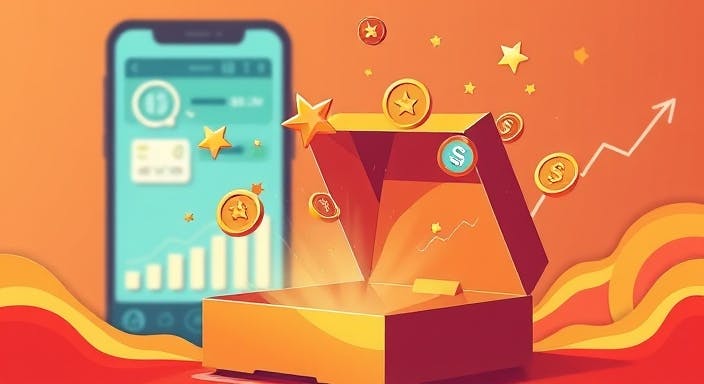175 reads
How Gamification in a Mobile App Boosted Pizza Sales During the Off-Season
by
November 5th, 2024
Audio Presented by

Founder & CEO at InAppStory |All-in-one customer engagement platform for mobile apps | People person
About Author
Founder & CEO at InAppStory |All-in-one customer engagement platform for mobile apps | People person
